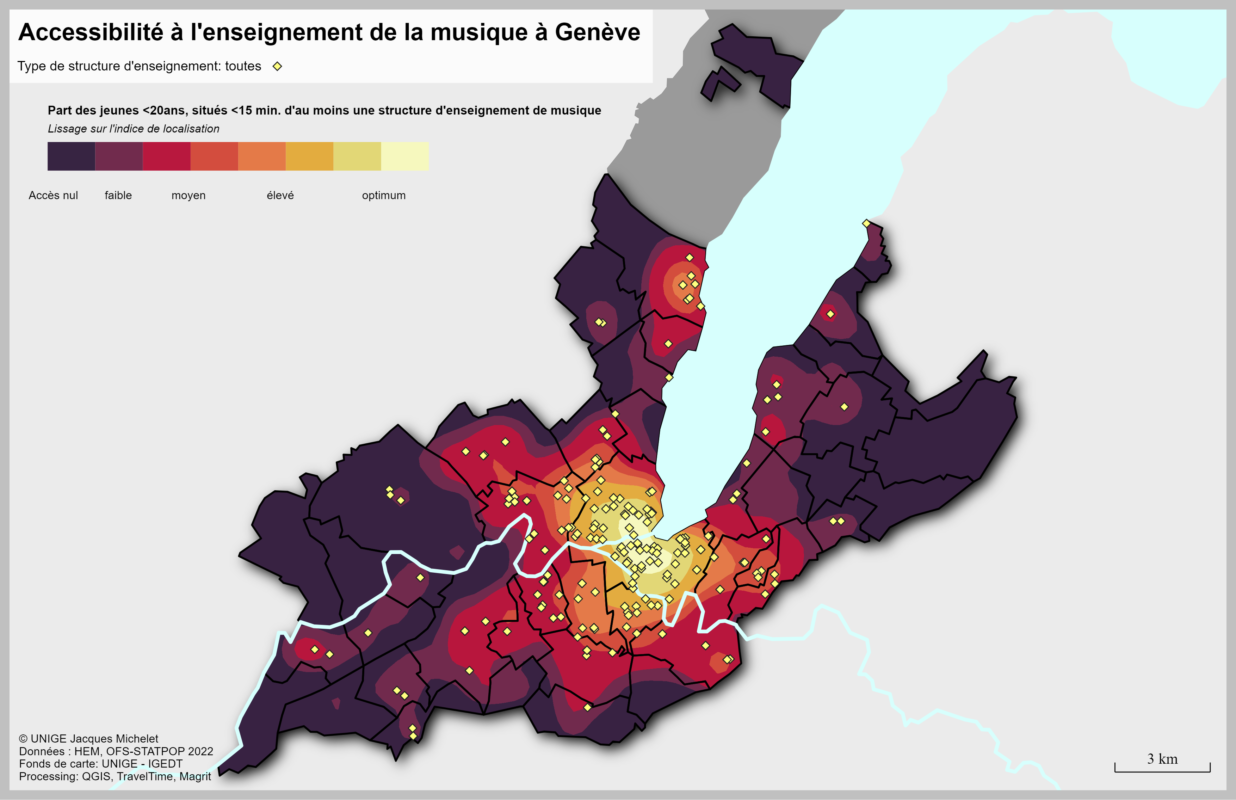Music competitions and their paradoxes
Musikwettbewerbe sind ein integraler Bestandteil des musikalischen Erbes, aber das Nachdenken über ihre Paradoxien ermöglicht es, sie in eine Richtung weiterzuentwickeln, die vielleicht eher im Einklang mit der Gesellschaft und ihrem Streben nach mehr Demokratisierung, Vielfalt und Inklusivität steht.
Antoine Gilliéron im Gespräch mit Stanislas Pili, Zeitgenössischer Musiker und Leiter des Nicati-Wettbewerbs.
Stanislas Pili, how do you view music competitions and their ambiguities?
For me, a music competition should above all be a showcase where musicians have the opportunity to exhibit their work as artists. It's also a chance for them to broaden their network through contact with other participants and a direct link with renowned jurors. For the audience, it's a spectacular experience, as they witness high-level performances and get the adrenaline pumping. However, whereas in a sporting competition we can calculate the time taken by a runner, for example, or the number of goals scored, in a musical competition there are always subjective parameters (musicality, etc.) and sometimes even objective parameters, such as a false note, can be offset by subjective parameters, such as stage presence. As a result, the jury has an important responsibility, because the winners are the result of its opinion, not of a calculation with a stopwatch. Candidates should therefore see the competition as a deadline for improving their own work and an opportunity, beyond the prizes, to gain visibility.
Focusing now on the Nicati competition you run, what makes it special?
This is the only Swiss national competition devoted entirely to contemporary music. Candidates can choose between two categories: Interpretation for soloists and ensembles performing works, at least one of which is Swiss, written from the second half of the 20th century onwards, and Open Space, in which candidates present a new creation that does not take the form of a conventional concert. The competition is open to all facets of contemporary music: in addition to instrumental and vocal pieces, it includes musical theater, sound art, prepared instruments, electronics, multimedia works, multidisciplinary performances and any other form of experimentation and sound research chosen by the candidates. The Nicati Competition makes a valuable contribution to the national music scene, bringing together in a single event many musicians and personalities dedicated to contemporary music in Switzerland. Thanks to its free programs and new creations, it enables the public to discover the trends and challenges of contemporary music. For the 2023 edition of this competition, the Nicati - de Luze Foundation is actively preparing the Nicati 2023 Competition. The Hochschule Luzern - Musik, partner of the event, will host the Competition from August 21 to 27, 2023. The Interpretation and Open Space categories will be revamped. All the new features will be presented shortly on the www.nicati.ch website.
Following the example of the Geneva Competition, which this year proposes a concept of artist research in the broadest sense, with candidates presenting their projects and the development of their musical personality over the long term, what changes would be welcome for music competitions in general, and how would you dream them up?
Competitions often feature pieces of varying technical difficulty, and it's not uncommon for students to choose to work on specific pieces because they constitute a "competition repertoire". I think it would be important, in future, to value and reward musicians' personal artistic choices and to avoid stereotyping the repertoire. Sometimes, young musicians feel frustrated by having to play certain works to perfection, whereas they are enthusiastic about the idea of creating a piece, setting a film to sound, improvising, using digital devices, organizing a concert, carrying out a mediation project, and so on. Thanks to their presence in competitions, all these forms of expression can be officially considered as disciplines: they acquire prestige and raise awareness, from an early age, of the many possibilities in today's world of music.








